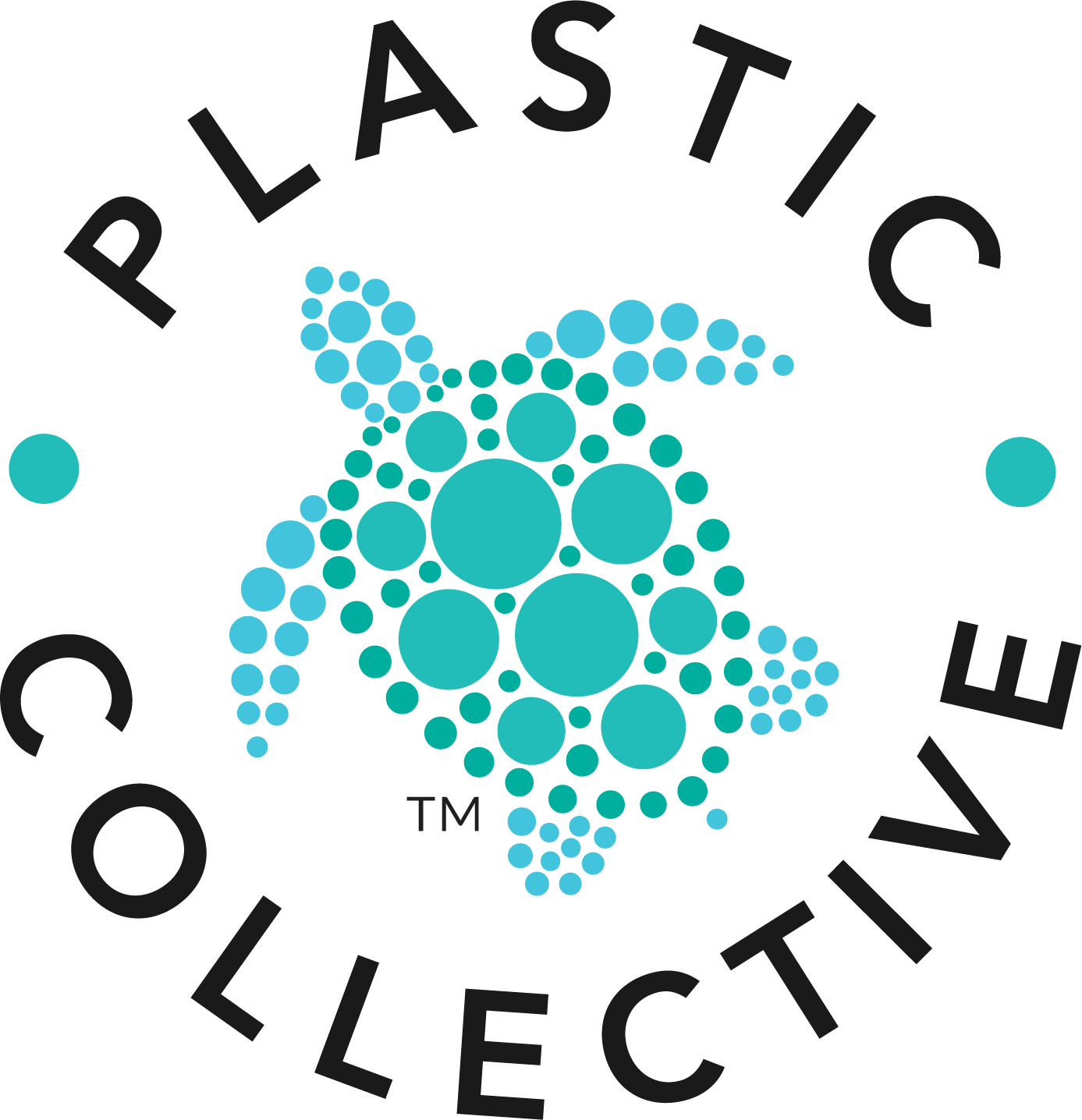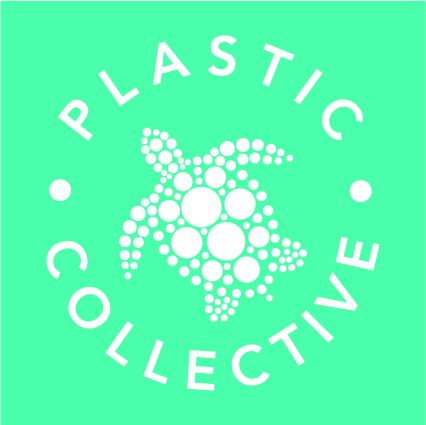Plastic Collective registers its first African project under the Verra Plastic Waste Reduction Standard
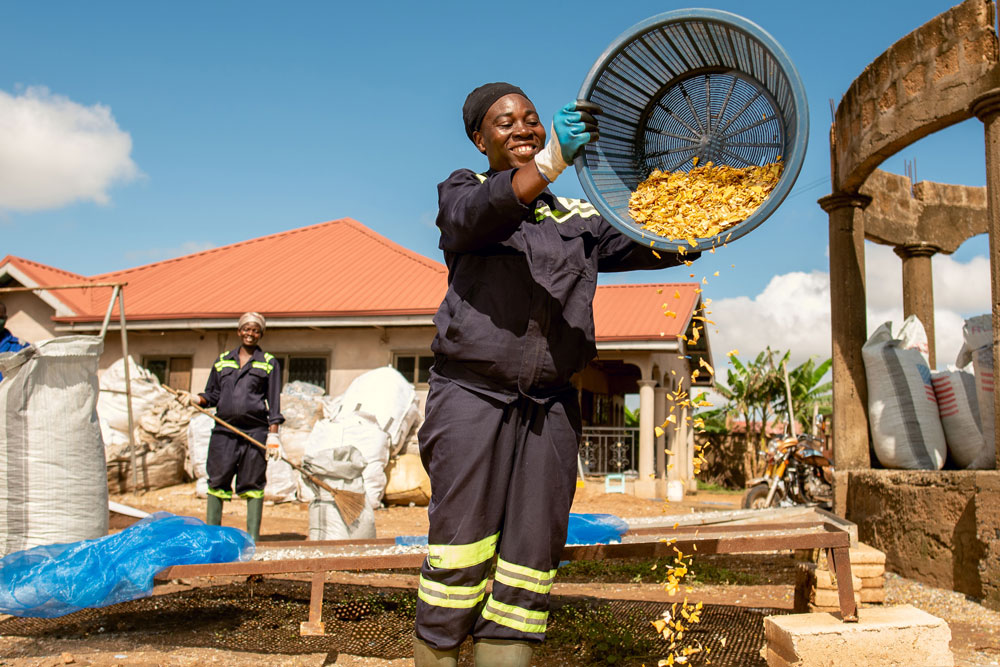
Female workers at the Tema West recycle plant
(Photo credit: Alliance To End Plastic Waste)
Plastic Collective is proud to announce the registration of the ASASE Foundation’s community-based plastic collection and recycling project under the Verra’s Plastic Waste Reduction Standard. Plastic Collective is the advisory partner to this exemplar project which is leading the charge to address the plastic pollution crisis in Ghana. The ASASE project was also selected for inclusion in the first ever Plastic Waste Reduction-linked Bond issued by the World Bank in partnership with Plastic Collective and Citibank in January 2024.
Community-based waste management
The ASASE Foundation initiative is a community-based plastic waste collection and recycling project established in Ghana’s capital city, Accra, in 2017. The project’s purpose is to start commercial scale recycling plants of 2000T/year waste reprocessing as social enterprises in communities where plastic pollution is most severe, and empower women entrepreneurs to build their own plastic waste management businesses as a sustainable source of income and employment. The project was co-founded by Hilda Addah and Dana Mosora and has directly created over 80 jobs to date, and increased the incomes of hundreds of waste pickers.
Networks of waste pickers collect PP, LDPE, HDPE and PET from numerous sources including households, businesses, schools, markets and landfill. The collected waste is transported to ASASE’s warehouses for aggregation and sorting. It is then transferred to ASASE’s CASH IT! plants for processing into shreds and pellets, which are then sold to downstream manufacturers of recycled plastic construction materials and household items.
The project is scaling up its operations through the addition of new collection networks and recycling sites beyond its current 3 CASH IT! operations sites across Accra. Often its activities are located on former dump sites; these sites are remediated and permanent waste management solutions are implemented. Its vision is to ensure that there is effective and enduring plastic waste management infrastructure across the entire country of Ghana.
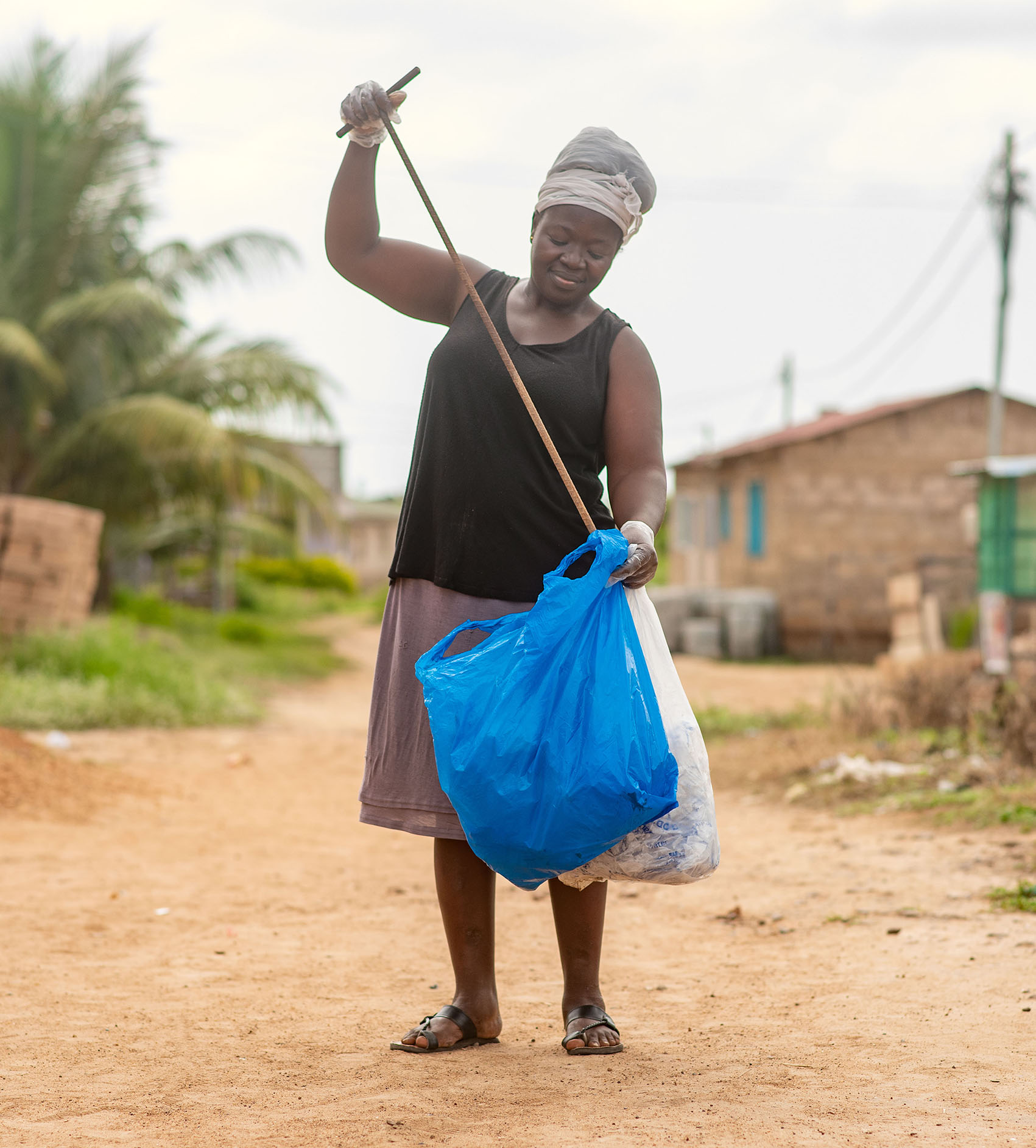
Women build their own plastic waste collection businesses
(Photo credit: Alliance To End Plastic Waste)
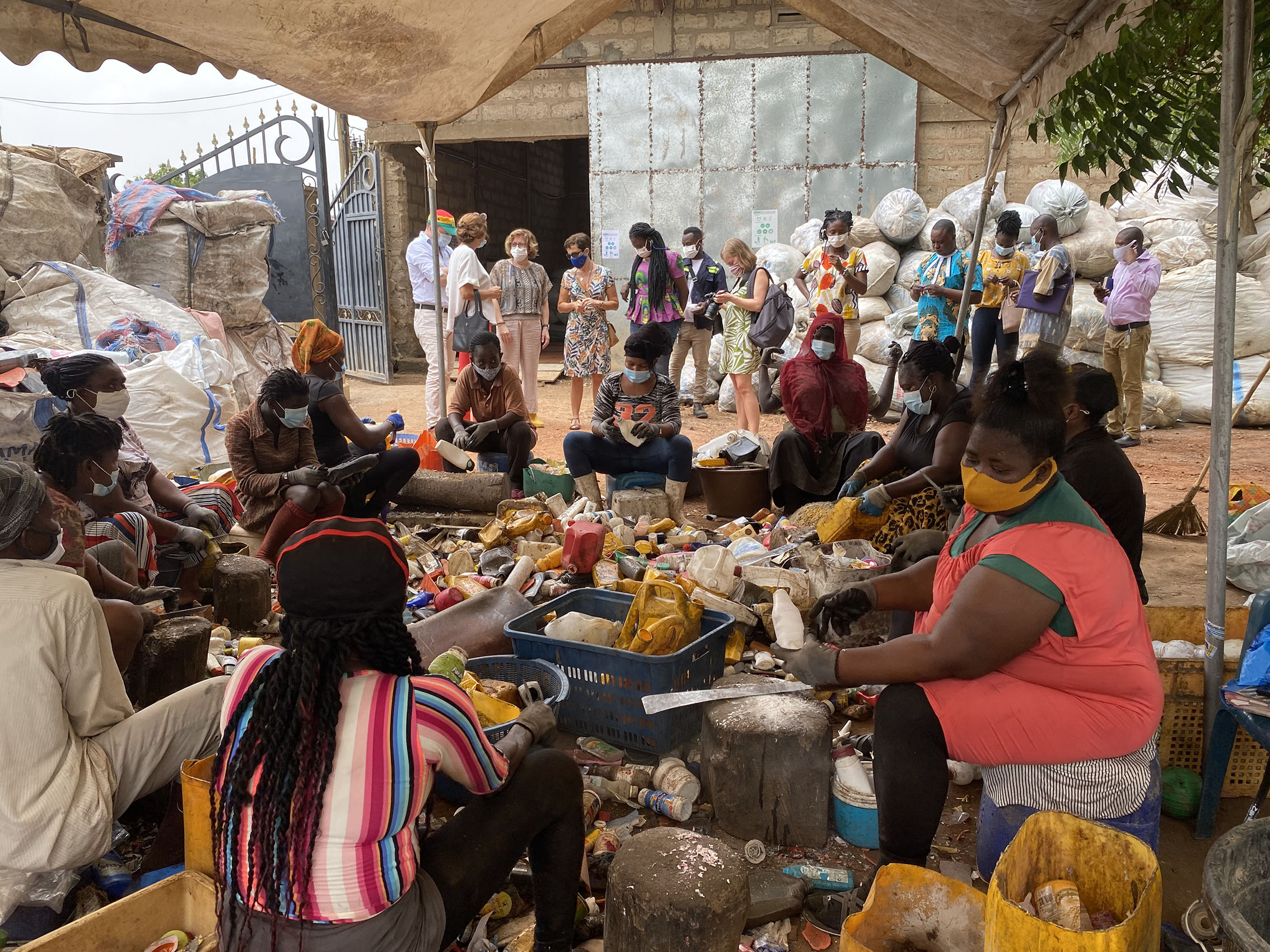
Women sorting plastics at Kpone Katamanso
Community benefits
The project has conducted an extensive education and awareness campaign over the last three years to encourage communities to support segregated plastic waste collection. This campaign has included posting of fliers, provision of bins, community tours and meetings. The project has found such activity to be crucial in building its supply of plastic waste, targeting mostly underprivileged communities across greater Accra.
As part of this ongoing education and awareness campaign, the ASASE Foundation works with several schools to coordinate collection days through the school community. It also attends Saturday markets, providing a pick up service for vendors’ plastic waste (the bulk of the project’s PET is collected at market days).
Local municipalities are key stakeholders in the project – they are ultimately responsible for waste management, own the land upon which the project operates, and issue the annual permits for the operation of the CASH IT! recycling plants. Partnering with the municipalities to deliver community cleaning days helps to build a culture of plastic collection and recycling within local government. As part of its engagement with the local governments and communities, the ASASE Foundation transitions the project’s assets into a community-ownership arrangement once it has reached maturity (whilst maintaining oversight of day-to-day operations).
How was plastic waste managed before this project?
Conditions prior to the implementation of this project were characterised by low plastic collection rates and very low recycling rate for the ubiquitous water sachets, especially in the poorest neighbourhoods where municipality waste collection services were (and continue to be) minimal. Poor sanitation and hazardous flash flooding were major issues. The limited reliable data available suggest that the majority of collected plastic waste ended up being burned or dumped and ultimately leaked into the ocean. There was also a widespread lack of community engagement on waste management, creating an urgent need for a project such as ASASE’s to be established.
There are between 3,000 and 5,000 waste pickers in the Greater Accra Region, most of whom are ‘working for survival’, on low pay and in unsafe conditions where the risk of injury and disease is high. Prior to initiation of the ASASE project – which has focused on providing safe working conditions and living wages for women in particular – women waste pickers typically earned less than men, and competed with men for the most valuable recyclables. They often lacked equipment such as picking tools, personal protective equipment and transportation infrastructure. As a result, very few had the ability to move up the economic chain.
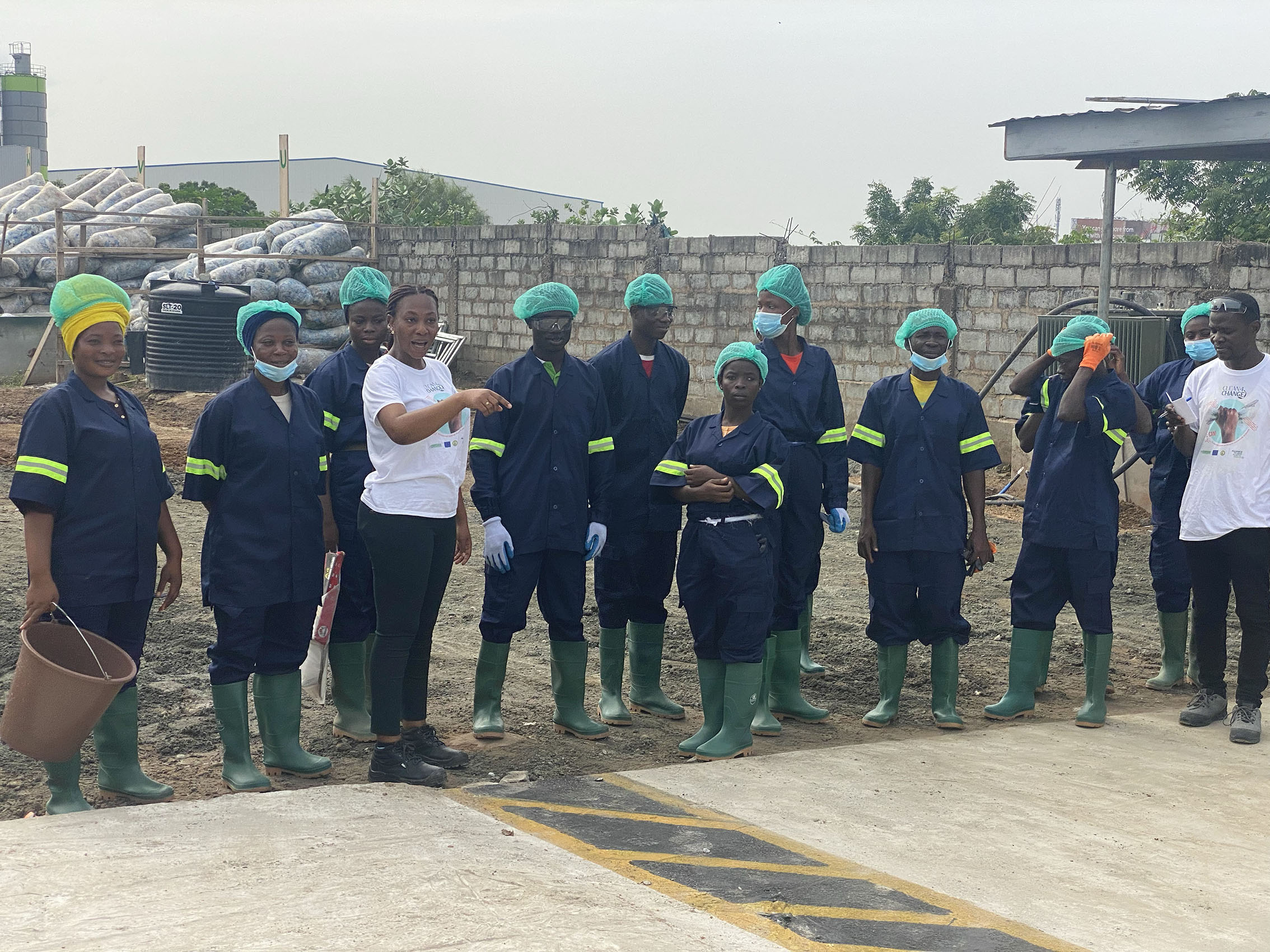
The ASASE team at Tema West site
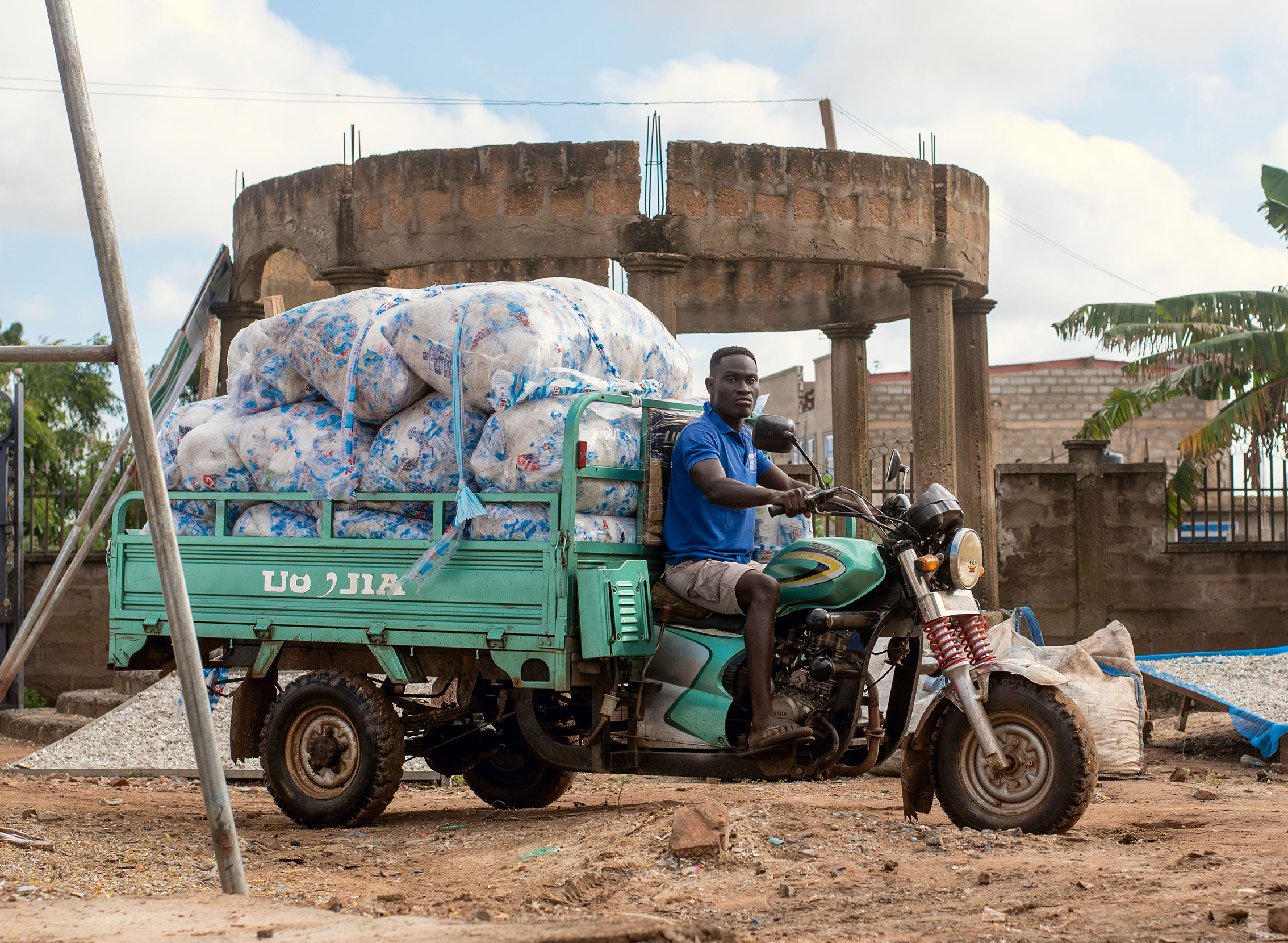
The collected waste is transported to ASASE’s collection centres and warehouses for aggregation and sorting
The Pacifica partnership
Plastic Collective and the ASASE Foundation selected the globally-recognised Verra Plastic Waste Reduction Standard on the basis of the rigor it instills in the certification and ongoing monitoring processes. Its requirements for ensuring a project has no child labour, pays living wages, has fully engaged with stakeholders, and yields community co-benefits are stringent. And the ASASE project is extending its commitment to improve waste pickers’ livelihoods through supplementary certification under the recently released Zero Plastic Oceans Social Plus Standard this year. This Standard requires projects to employ community managers to build trust-based relationships with their waste pickers and pay them a minimum 10 percent premium over market price for their collected material (among other requirements).
Verra-certified projects must also submit audited volume monitoring reports on a regular basis in order to generate tradeable plastic credits. In turn, the sale of these credits to brands and producers for impact investment purposes generates revenue which may be used by the project to ensure financial sustainability and fund scale-up (check out our blog on how plastic credits work).
Pre-sales of the project’s plastic credits commenced two years ago. US-based natural beauty brand, Pacifica Beauty, stepped in as the ‘cornerstone impact investor’ in the project through a three year pre-purchase agreement – making it a market leader in plastic footprint mitigation.
Founded 25 years ago, Pacifica Beauty is the pioneer of 100 percent vegan, cruelty-free, clean beauty products. The brand has been a leader in embracing new technologies and creating vegan ingredients that have traditionally been animal-based. Pacifica products are available for purchase domestically at marquee retailers including Target, Ulta and Whole Foods, among others, as well as through its own online site and through Amazon. Pacifica has also launched in international markets through numerous partnerships and plans to accelerate its rollout of distribution worldwide.
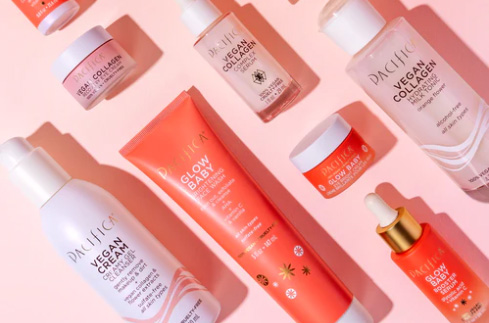
Pacifica has committed to fully offset its plastic footprint as just one component of its plastic stewardship journey towards becoming a 100 percent ‘net plastic circular’ company by 2025, when it will have no net demand on the production of virgin plastic. Plastic circularity requires Pacifica to ensure that volumes of plastic waste are collected and recycled equivalent to the packaging volume it produces; and that an equivalent volume of recycled plastic is used in future packaging. This pathway is often a multi-year (sometime multi-decade) pathway for a brand.
Plastic Collective has several other projects in its certification pipeline and is witnessing strong enthusiasm in the nascent plastic credit market. Please contact us if you are interested in exploring certification of your plastic waste management project. And if you’re a brand interested in offsetting your plastic footprint, Plastic Collective can help connect you with high integrity, high charisma projects – just like the ASASE Foundation – that will provide a great fit for your plastic stewardship strategy.
